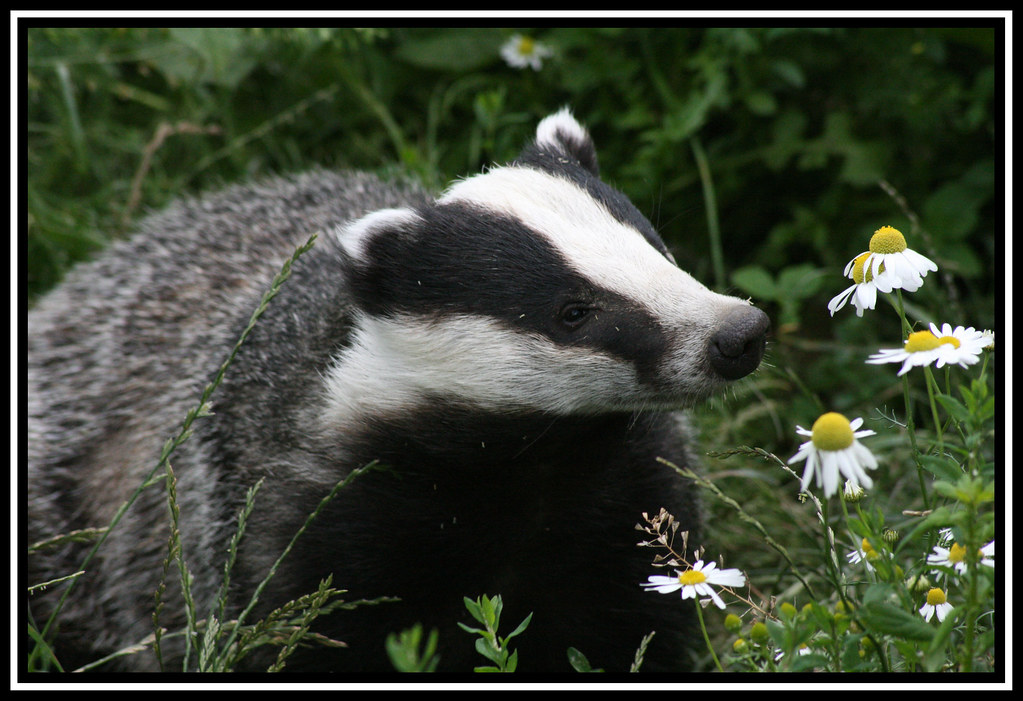The Independent reports inevitably, some of the food we buy needs to be tossed. Food eventually goes bad. Leftovers sometimes go uneaten. Most fruit and vegetables have inedible bits: pips, seeds, rinds and cores. Rather than putting it in the landfill bin, we can do something better with these scraps.
All posts by Heather
Vodafone teams up with Defra for digital tree monitoring trial
Business Green reports telecoms giant to provide Internet of Things sensors to aid research into tree growth and their potential for carbon for CO2 storage. The government is teaming up with Vodafone to carry out a three-month tree study using specialist sensors to monitor growth and the impacts of environmental change on the UK’s forests, the telecoms giant announced.
Protected: Normandy Species Distribution Maps – Members Only
British birds’ long-distance feats and longevity are revealed
The Guardian reports data comes from rings on birds, with more than a million fitted during 2019. The records, collected by the British Trust for Ornithology, provide insights into the remarkable migrations of birds but also the human and climatic pressures they face – and their longevity.
Make nature part of ‘build build build’ policy, green watchdog says
The Guardian reports politicians and developers must incorporate green thinking into the design of new infrastructure, according to the chair of the government’s conservation watchdog.
Natural England’s Tony Juniper called on the government and planners to change their thinking to ensure environmental considerations were designed into new housing estates, as well as road and rail projects, at the beginning, rather than being a hasty “add-on” or “mitigation” at the end.
Reduction in grass cutting sees wildlife thrive
BBC News reports wildlife in meadows across Cumbria is thriving after councils were unable to cut them as regularly during lockdown. Kevin Scott from Cumbria Wildlife Trust says allowing some grass and other plants to grow is great for nature and different grass species and wildflowers provide an important habitat for pollinators and butterflies.
Coronavirus lockdown prevents release of rare butterfly
BBC News reports the release of a last batch of a rare butterfly that was reintroduced to England after more than 40 years was prevented by lockdown. The chequered skipper was always scarce but died out in 1976 due to changes to woodland management.
Bovine TB field trials to start next year, raising hopes of an end to badger culls
 INEWS reports badger culling could be “phased out” across England and Wales if trials for a new cattle vaccination process against TB, which start next year, prove successful. More than 30,000 cattle are slaughtered each year to prevent the spread of bovine tuberculosis, at a cost of £100m to the taxpayer.
INEWS reports badger culling could be “phased out” across England and Wales if trials for a new cattle vaccination process against TB, which start next year, prove successful. More than 30,000 cattle are slaughtered each year to prevent the spread of bovine tuberculosis, at a cost of £100m to the taxpayer.
Badger photo by Sally Langstaff under creative commons.
Tree cover in England could triple without encroaching on rare habitats like peat bogs
INEWS reports tree cover could jump from 10 per cent to 35 per cent of England within just a few years, while protecting valuable grasslands, peat bogs, and other carbon-rich stores, Forestry Commission data suggests.
In total an additional 3.2 million hectares of trees could be planted on ‘low risk’ land, Friends of the Earth said.
Swarm of flying ants is so big it shows up on weather map
The Metro and The Telegraph report if you already felt like 2020 was bringing echoes of the Biblical ten plagues, then you might want to not click this article. The picture looks like it shows a rain cloud drifting across Kent, London and the South East – but friends, that is no rain cloud. Look closer and you’ll see the little arrow annotating the blue area as ‘flying ants’. There are so many of them that they are messing with the weather radar.
